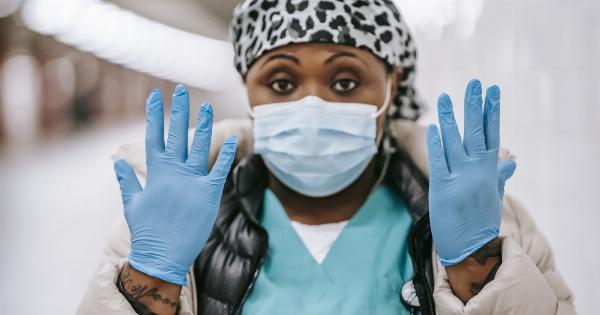Emergency preparedness is a critical component of any healthcare program, ensuring that patients, staff, and visitors are safe in the event of a disaster.
The term “disaster” can refer to a variety of events, such as natural disasters like earthquakes, hurricanes, and tornadoes, as well as man-made disasters like terrorist attacks and chemical spills. Healthcare organizations must be well prepared to manage emergencies and minimize their impact on patients and staff.
Disaster Planning
One of the most important aspects of emergency preparedness is disaster planning. Healthcare organizations should have a comprehensive disaster plan in place that addresses a variety of scenarios.
This plan should include procedures for evacuating patients, providing medical care, and communicating with staff, patients, and authorities.
The disaster plan should also take into account the specific needs of different types of patients. For example, a hospital with a large population of elderly patients may need to have plans in place to assist patients with mobility issues.
Similarly, a hospital with a pediatric wing would need to take into account the needs of young children.
First Aid Training
In an emergency situation, medical personnel may not be immediately available to provide care. This is where first aid training comes in.
Healthcare organizations should ensure that staff members are trained in basic first aid techniques, such as CPR and wound care. This can help save lives until medical personnel arrive on the scene.
First aid training should be conducted regularly to ensure that staff members are up-to-date on the latest techniques and protocols.
Additionally, the healthcare organization should have an adequate supply of first aid equipment, such as bandages, gauze, and other supplies, to manage emergency situations.
Communication Strategies
Effective communication is essential in an emergency situation. Healthcare organizations should have a plan in place for communicating with staff, patients, and authorities.
This may include using a variety of channels, such as social media, email, and text messaging, to keep everyone informed and up-to-date on the situation.
The healthcare organization should also have a designated spokesperson who can provide updates to the media and act as a point of contact for concerned family members.
Emergency Drills
One of the best ways to ensure that a healthcare organization is prepared for an emergency is to conduct regular emergency drills.
These drills can help identify areas that need improvement and ensure that staff members are familiar with emergency procedures.
Emergency drills should be conducted regularly and should involve all staff members. This includes doctors, nurses, administrative staff, and volunteers.
The drills should simulate a variety of scenarios, such as a fire, a tornado, or a chemical spill, to ensure that staff members are prepared to deal with any emergency situation.
Conclusion
Emergency preparedness is essential in a healthcare program to ensure the safety of everyone involved.
Healthcare organizations should have a comprehensive disaster plan in place that addresses a variety of scenarios, and staff members should be trained in basic first aid techniques. Effective communication strategies and regular emergency drills can also help ensure that everyone is prepared to handle any emergency situation.
References
1. American Red Cross. (n.d.). Retrieved from https://www.redcross.org/get-help/how-to-prepare-for-emergencies/disaster-preparedness-for-health-care-facilities.html.
2. Federal Emergency Management Agency. (n.d.). Retrieved from https://www.fema.gov/disaster-planning-healthcare-facilities.































